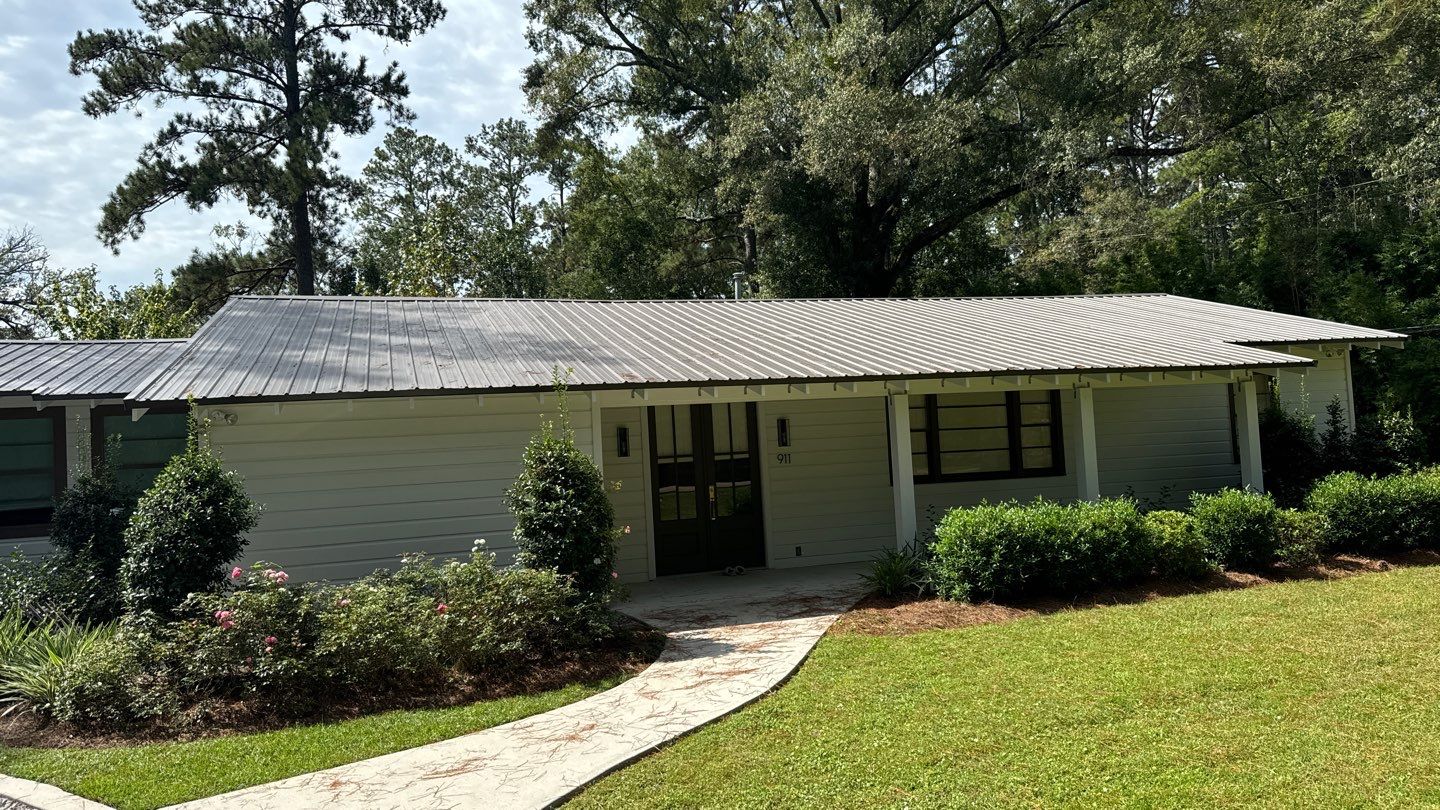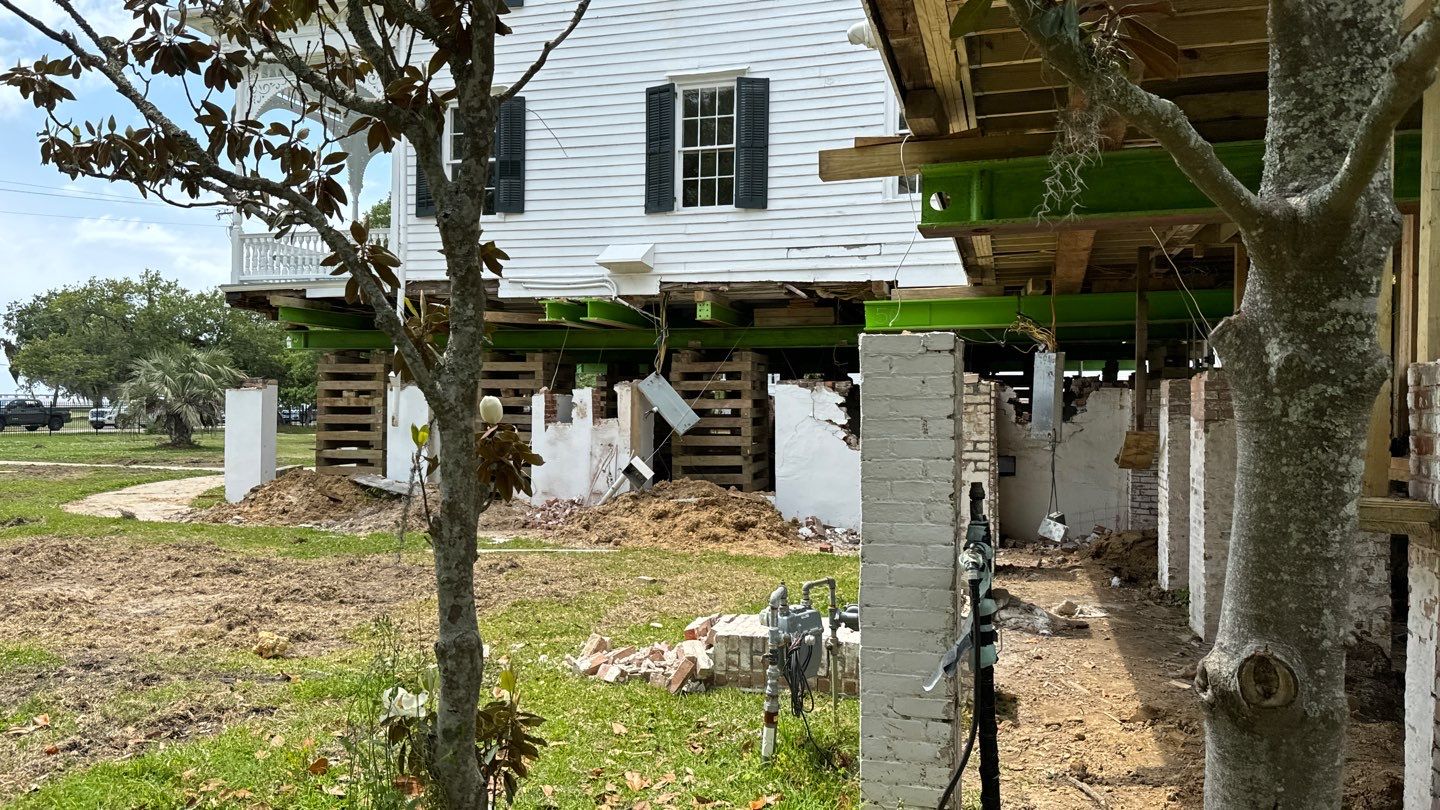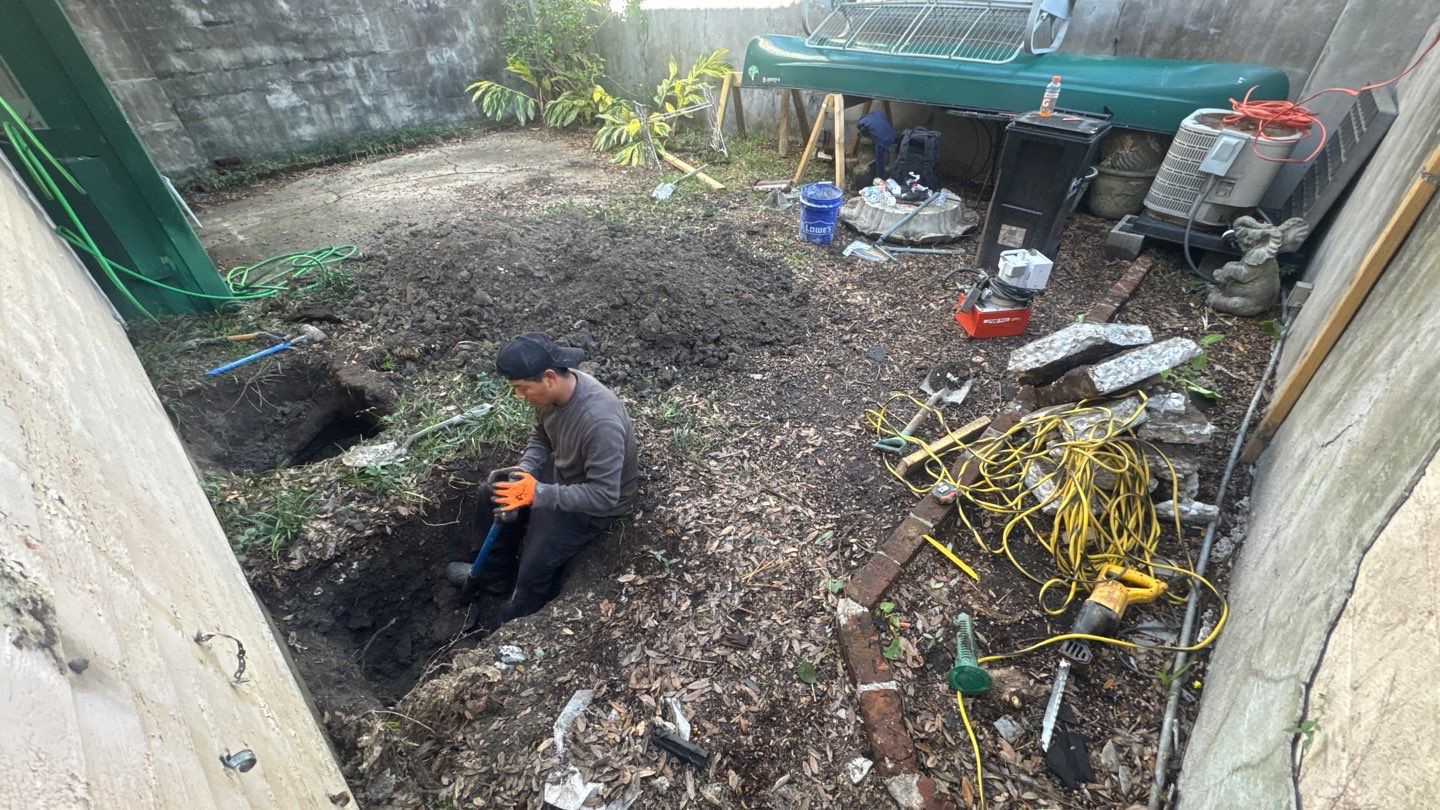
Top 7 Reasons Homes in Louisiana Have Foundation Issues
Foundation InspectionFoundation Repair
07-Oct, 2024
Top 7 Reasons Homes in Louisiana Have Foundation Issues Foundation problems are a common concern for homeowners in Louisiana due to the region’s unique environmental factors. From the type of soil to frequent flooding, several elements contribute to the wear and tear of home foundations. Whether you’re a new homeowner or have been living in […]
Top 7 Reasons Homes in Louisiana Have Foundation Issues
Foundation problems are a common concern for homeowners in Louisiana due to the region’s unique environmental factors. From the type of soil to frequent flooding, several elements contribute to the wear and tear of home foundations. Whether you’re a new homeowner or have been living in the same house for years, understanding these causes can help prevent costly repairs down the road.1. Expansive Clay Soil
One of the primary reasons for foundation issues in Louisiana is the presence of expansive clay soil. This type of soil, also known as shrink-swell soil, absorbs water and expands during wet conditions. Conversely, during dry periods, the soil contracts, causing the ground to shift. This continuous swelling and shrinking places stress on the foundation, leading to cracks and structural instability over time. The foundation of a home built on expansive clay soil may suffer from settlement, heaving, or even more serious problems like structural fractures. Ensuring proper drainage and moisture management is crucial to minimize the damage caused by this type of soil.2. Frequent Flooding
Louisiana is no stranger to flooding, especially due to its location near the Gulf of Mexico. Heavy rainfalls, hurricanes, and storm surges can cause the water table to rise quickly, saturating the soil around a home’s foundation. Excess moisture can weaken the foundation over time, especially if there is inadequate drainage to direct water away from the property. When water accumulates near the foundation, it increases the hydrostatic pressure on the structure, which can cause walls to bow or cracks to appear in the foundation. Flooding can also lead to soil erosion, which creates voids under the foundation, leaving it unsupported in certain areas.3. Poor Drainage Systems
Proper drainage is essential for any home, but this is particularly important in Louisiana’s wet climate. Homes with inadequate drainage systems can experience a build-up of water around the foundation, which accelerates foundation problems. When water isn’t directed away from the home, it seeps into the ground surrounding the foundation, weakening the soil and creating movement that leads to cracks or settlement issues. Gutters and downspouts that are clogged or improperly installed, as well as landscaping that slopes toward the home, can contribute to poor drainage. Homeowners should ensure their property has a well-designed drainage system that can handle heavy rainfall.4. High Water Table
In many parts of Louisiana, the water table is naturally high due to the region’s geography and climate. A high water table means that water is often close to the surface of the ground, and it doesn’t take much rainfall to saturate the soil around a home’s foundation. When the ground is continuously saturated, it puts pressure on the foundation, increasing the likelihood of cracks, sinking, or shifting. Homes in areas with a high water table are also more prone to basement flooding and moisture intrusion, both of which can lead to further structural issues. Installing a sump pump or a French drain system can help manage water accumulation and reduce pressure on the foundation.5. Louisiana’s Wet and Humid Climate
The subtropical climate in Louisiana plays a significant role in foundation issues. The high levels of humidity and frequent rainfall keep the soil constantly damp, which can affect the integrity of a foundation. Over time, moisture can seep into the foundation materials, causing them to weaken and crack. Furthermore, the extreme weather fluctuations—especially during the rainy and hurricane seasons—create a cycle of wet and dry conditions that exacerbate soil movement. As the soil shifts, so does the foundation, leading to problems such as misaligned doors and windows, cracks in walls, or uneven floors.6. Tree Roots and Vegetation
Trees and other large plants in close proximity to a home can be another source of foundation issues. The roots of trees, especially species that grow aggressively, can extend far beneath the soil in search of moisture. As these roots grow, they can push against the foundation, leading to cracking and movement. Additionally, trees and plants absorb moisture from the soil, which can lead to uneven drying around the foundation. This imbalance can cause one side of the foundation to settle more than the other, resulting in further structural damage. Homeowners should be cautious about planting trees too close to their homes and consider root barriers or moisture management strategies to minimize risks.7. Poor Construction Practices
Some foundation problems can be traced back to poor construction practices during the building process. If a home’s foundation is not properly designed or constructed to suit the specific soil and environmental conditions of Louisiana, it will be more susceptible to damage. This includes using inadequate materials, not allowing enough time for the foundation to cure, or failing to install proper drainage systems. Homeowners who purchase older homes or those in rapidly developing areas should be particularly vigilant, as rushed construction or corner-cutting can lead to long-term foundation issues. Regular inspections and maintenance can help identify problems early before they become costly.How to Prevent Foundation Issues in Louisiana
Preventing foundation issues requires proactive steps and maintenance. Here are a couple of helpful tips to protect your home:Tip 1: Invest in a Good Drainage System
Ensure your home has a proper drainage system, including well-maintained gutters, downspouts, and exterior grading that slopes away from the house. This will help direct water away from the foundation and reduce hydrostatic pressure.Tip 2: Regularly Inspect Your Home’s Foundation
Schedule regular inspections by a foundation specialist, especially after heavy rainfall or flooding. Catching cracks or shifts early can save you money on expensive repairs later.Signs of Foundation Problems to Watch Out For
Even with preventive measures, foundation issues can still arise. Here are some signs to look out for:- Cracks in the walls, especially around windows and doors
- Uneven or sloping floors
- Gaps between walls and ceilings
- Doors or windows that stick or won’t close properly
- Water intrusion in the basement or crawl space
Professional Foundation Repair Services in Louisiana
If your home is experiencing foundation issues, professional help is essential. Foundation repair companies in Louisiana specialize in addressing the unique challenges posed by the region’s soil and climate conditions. From foundation leveling to installing drainage systems, they offer tailored solutions to ensure your home stays secure and stable.Louisiana’s climate and environmental factors make foundation maintenance a crucial aspect of homeownership. By understanding the primary causes of foundation problems and taking preventive measures, you can protect your investment and avoid costly repairs down the line.
Related Resources:
These additional resources offer more insights into foundation maintenance and repair to help Louisiana homeowners protect their homes.
Brent Moran
Helpful Tips, Real Stories & Home Repair Wisdom





